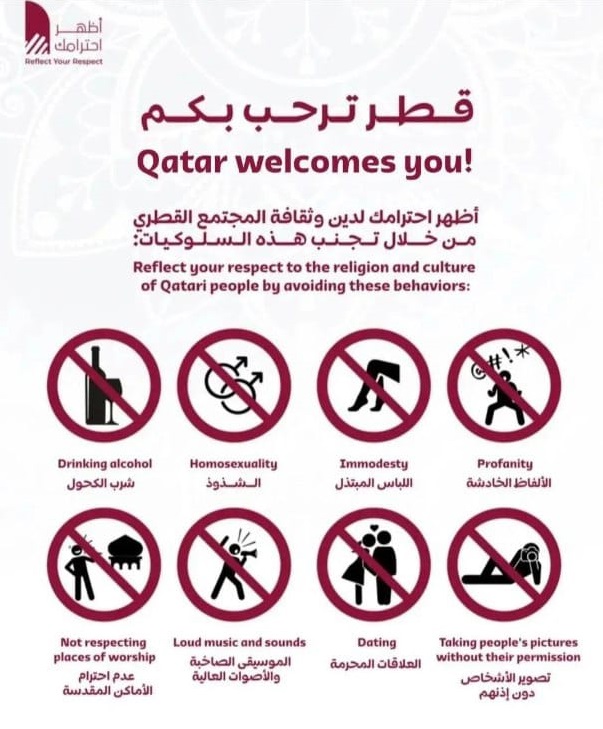FDA Gaslighting Everyone: We Never Said You CAN’T Take Ivermectin…
Here’s a PDF version to avoid subscribing:
So, it’s out of their purview, but a supposedly disinterested government organization committed to something or other… goes out of its way to deceptively fight against the vaccine competition.
Money? Nah!

